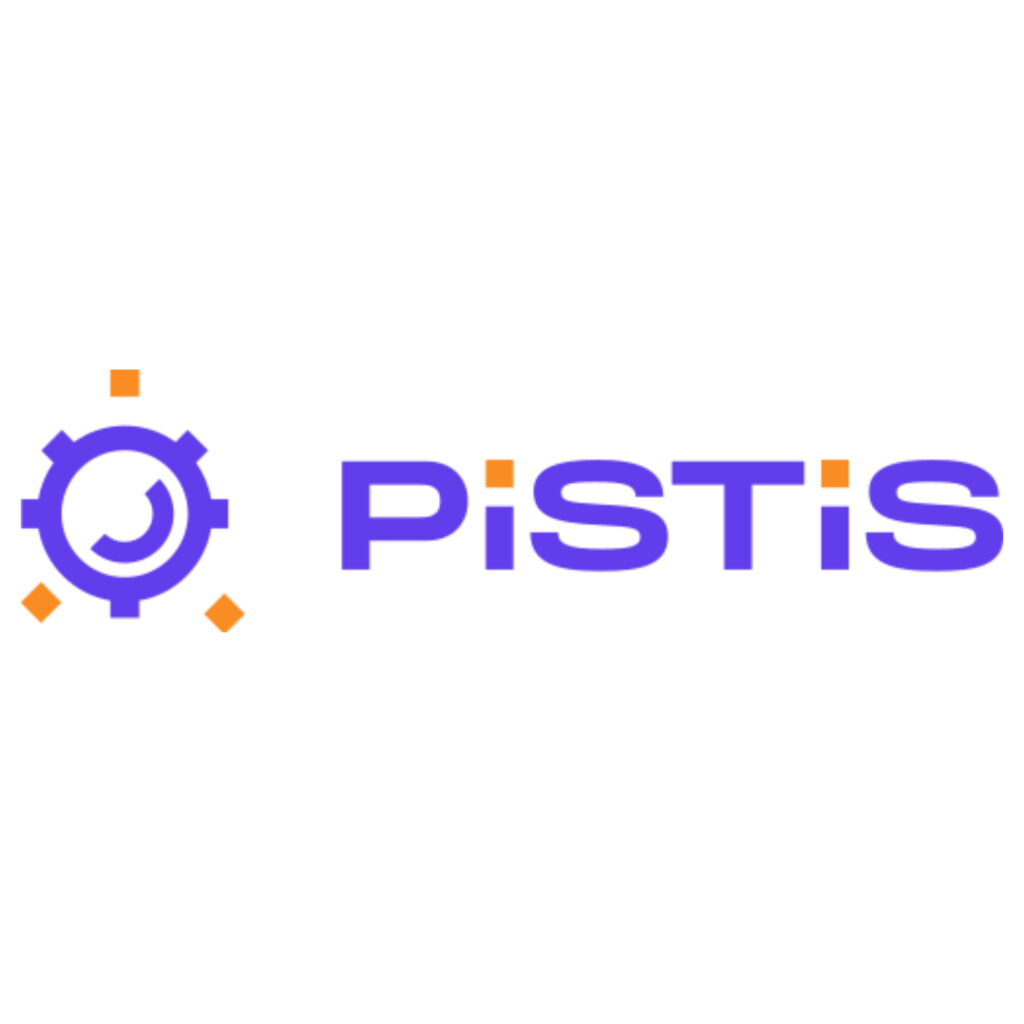- In the “Mobility and Urban Planning” demonstrator hub in Greece, actors from aviation, local public transport and public administration will share their data to improve baggage handling management, transfer passenger management and public transportation planning between the city and the airport.
- In Spain, players from the energy sector are working on solving bottlenecks in distribution grids.
- In the “Auto mobility” demonstration hub in Germany and Austria, data-supported solutions and services are intended to contribute to environmentally friendly and efficient transport, from urban emission models to operational mobility management.
Ongoing Projects, Partner, Projects
PISTIS
Promoting and Incentivising Federated, Trusted, and Fair Sharing and Trading of Interoperable Data Assets.
Sharing data across organisational boundaries offers great opportunities for companies as well as for public institutions. However, due to a number of technical, organisational, economic and legal challenges, data sharing among different stakeholders on a global scale remains elusive.
PISTIS stands for “Promoting and Incentivising Federated, Trusted, Fair Sharing and Trading of Interoperable Data Assets” and aims to create incentives for different stakeholders to share their data assets with each other, in a controlled, secure and fair way. To this aim, the 31 European project partners from 11 countries are developing a reference federated data sharing/trading and monetisation platform for secure, trusted and controlled exchange and usage of proprietary data assets and data-driven intelligence.
PISTIS will advance the available techniques and technologies (e.g. federated data sharing, NFTs, AI-driven data quality assessment and monetization) to build trust among stakeholders and to assuage their concerns. This will create a distributed network of existing and new data spaces with built in governance brought by PISTIS to eliminate data silos while accruing the actual data value and multiplying it through derivative assets in a fair and transparent manner.
The PISTIS architecture involves services and modular components of known initiatives that can be used jointly or autonomously, hence the stakeholders can utilise the novelties of PISTIS without having to abandon existing services they are already using and in which they have invested. In this ecosystem of services, data exchange transactions take place on a peer-to-peer base, refraining from using cloud repositories as the middleman. Only metadata will be stored in global metadata catalogues.
To validate the outcomes in a cross-domain setting and guarantee their applicability for different, existing or emerging data spaces, three different demonstrator hubs have been planned.

